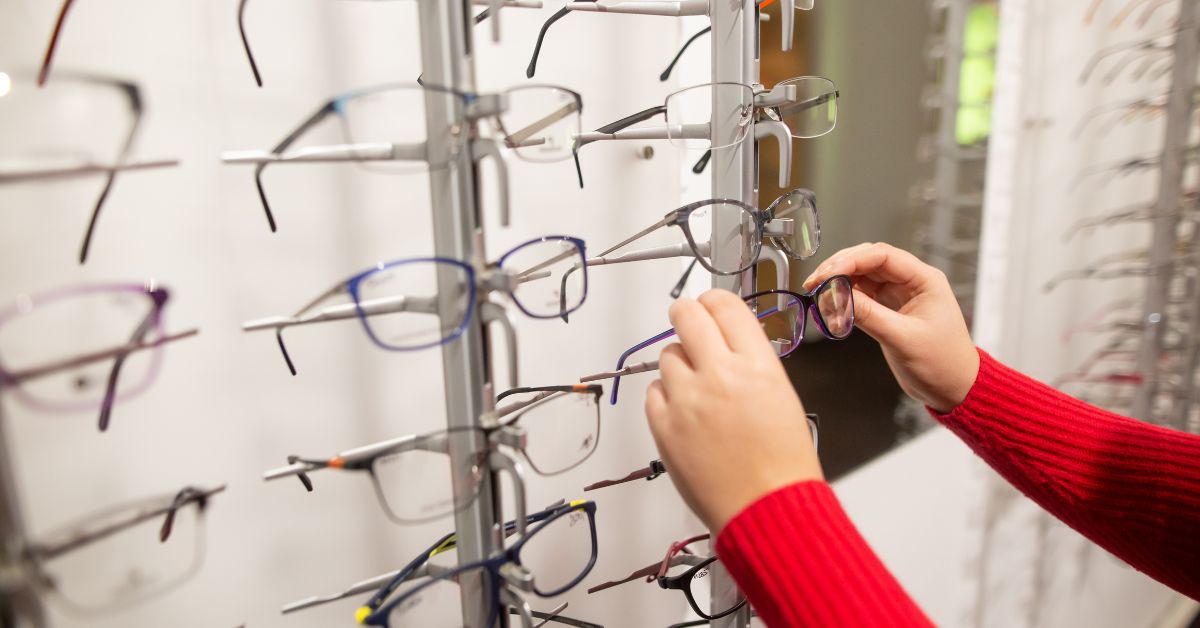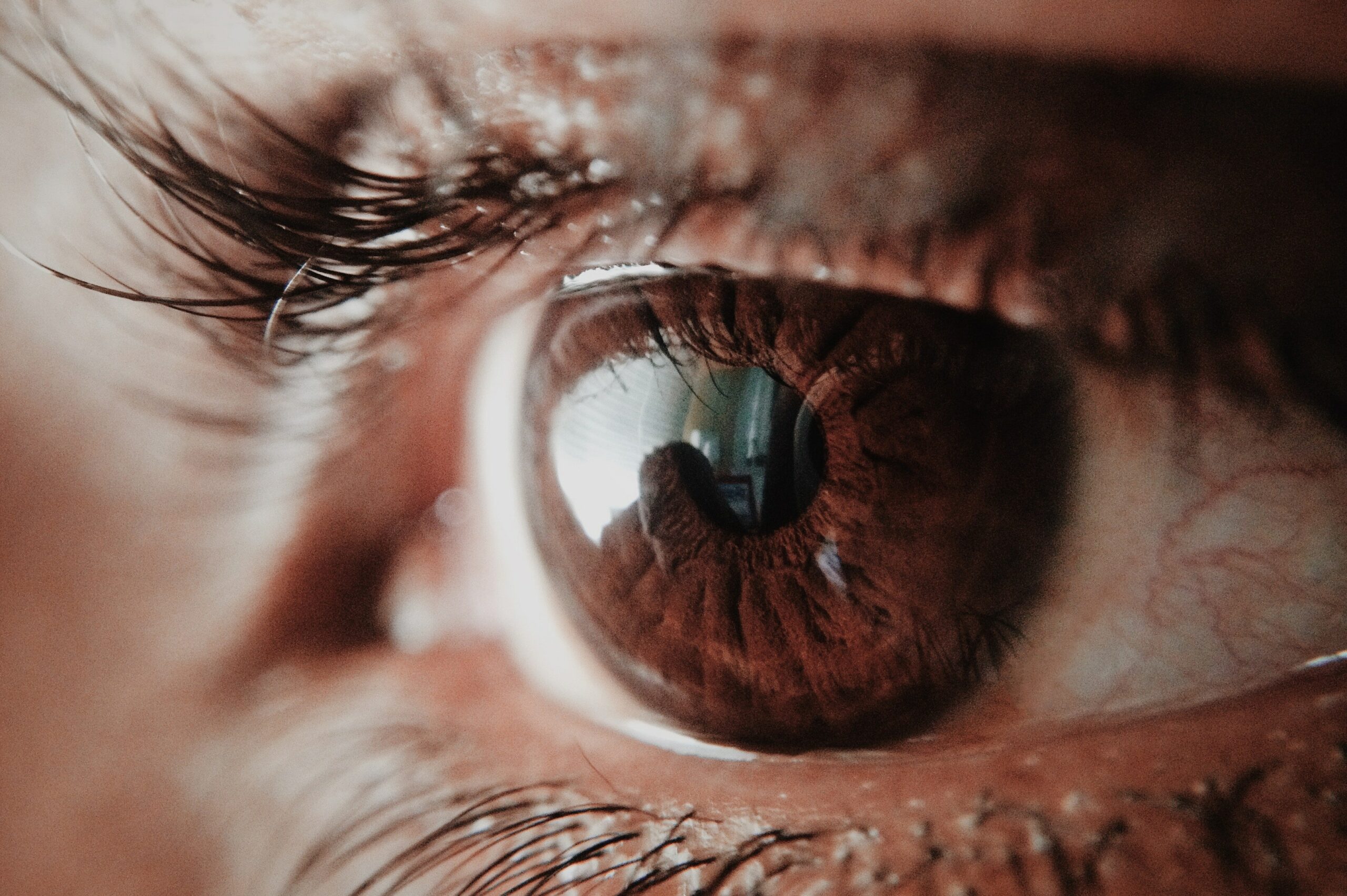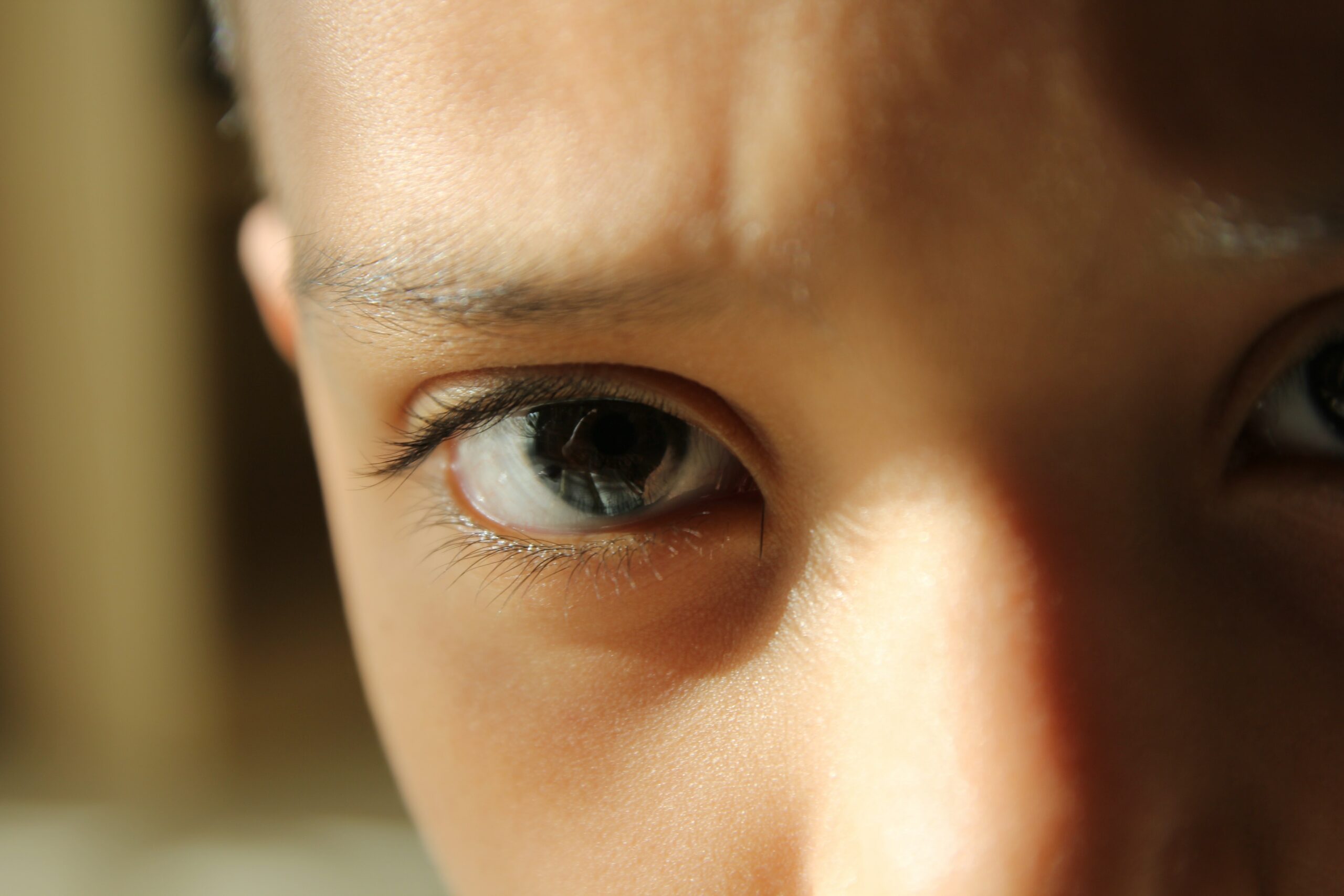Uncategorized
Wearing contact lenses has its advantages over prescription eyeglasses but there are certain dos and don’ts that come along with lenses that sit directly on the eyes. Healthy habits of wearing contact lenses include washing your hands before handling contacts, clean and disinfect lenses daily, dispose of lenses as required, keep lenses in a contact […]
Read
More
Uncategorized
One of the fun parts of wearing prescription glasses is the process of selecting the most flattering frames for your face. After the eye exam and all the testing, you can sit back and enjoy perusing the stylish options. At Pendleton Eye, we encourage our patients to take their time trying on every option possible. […]
Read
More
Uncategorized
When the natural lens of the eye becomes clouded, eventually disrupting normal vision, the inevitable solution is cataract surgery. During cataract surgery, the lens is replaced with an artificial lens called an IOL (intraocular lens). Intraocular lenses not only restore blurred vision with the removal of cataracts but can also correct refractive errors such as […]
Read
More
Uncategorized
At CLIENT NAME we want our patients to be aware of the full scope of cataract surgery so you can anticipate the steps of the procedure, the healing process and recovery time. The full recovery period of cataract surgery typically lasts around 8 weeks, with several follow-up appointments included in that timeframe to ensure proper […]
Read
More
Uncategorized
Changes in the eyes alert us to vision problems but did you know that even when no symptoms are present, your eyes may act as an early warning system to indicate other health problems in the body? Your vision has a lot to say about your overall health. Regular eye exams can provide early detection […]
Read
More
Uncategorized
Millions of people suffer from eye allergies every year. In fact, up to 25% of people worldwide suffer from ocular allergens. Seasonal allergies are caused by environmental factors such as pollen from grass, weeds and trees and chronic causes are largely due to contact lens reactions. Eye allergies can present all on their own but […]
Read
More
Uncategorized
Fear, cost and recovery are among many reasons people cite to avoid surgery. In some cases, surgery is a means of last resort when other interventions have proven unsuccessful or when no other option is available to cure the issue. When it comes to cataracts, cataract surgery is inevitable. Despite this truth, patients may wonder […]
Read
More
Uncategorized
A common myth surrounding cataracts is that only the elderly are affected by them. The truth is around the age of 40 years old, the proteins in the lens of the eye begin to break down and clump together. This clump eventually clouds the lens of the eye, and this cloudiness is what is known […]
Read
More
Uncategorized
In the United States, routine eye examinations are part of pediatric visits for most babies and children. Because most vision problems develop incrementally over time, parents should be on the lookout for any changes to their child’s vision that may include the appearance of the eyes, double vision, redness, swelling, excessive eye rubbing, misalignment of […]
Read
More
Uncategorized
While online research is a great place to start when we have unanswered questions, Pendleton Eye wants to remind you that for the most accurate diagnosis it is important to be seen by a medical professional. For any changes to vision, eye concerns, malfunctions of the eye and overall eye health, please schedule an appointment […]
Read
More
















